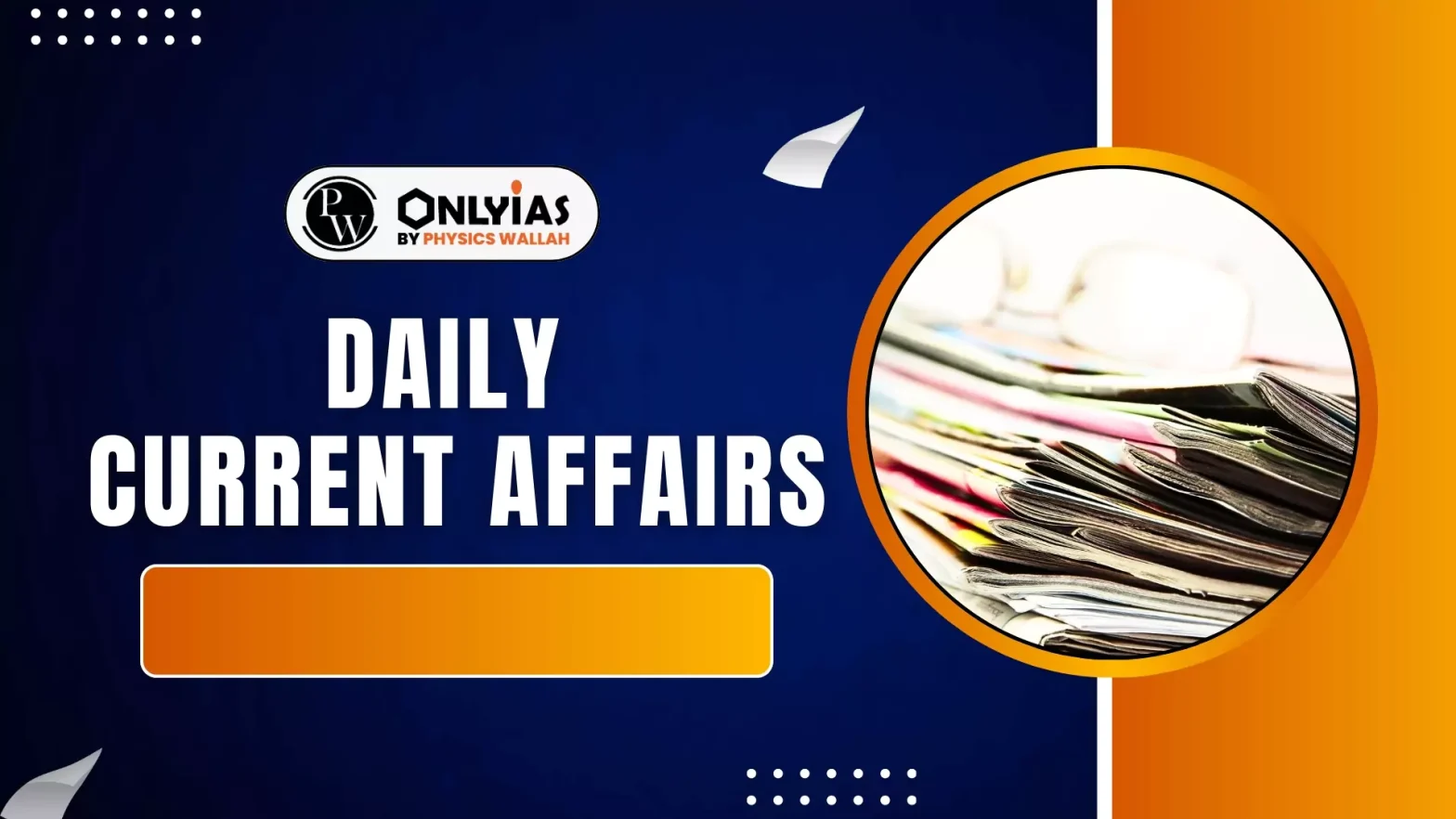The European Union (EU) has adopted a New Strategic EU-India Agenda to elevate bilateral ties across trade, technology, defence, connectivity, and climate change.
- The roadmap aims to finalise an FTA by year-end and strengthen cooperation amid global geopolitical shifts.
Key Announcements
- Free Trade Agreement (FTA): EU committed to finalising an FTA with India by the end of 2025, calling it the largest deal of its kind globally.
- Shared Values: The European Commission President Von der Leyen emphasised partnerships “rooted in shared interests and guided by common values.”
- High-Level Engagement: Joint communication adopted by the European Commission and its High Representative Kaja Kallas, outlines a comprehensive strategic vision.
Points of Disagreement
- Russia Factor: EU flagged concerns over India’s participation in Russian military exercises and purchase of Russian oil as hurdles to closer ties.
- Geopolitical Hesitations: European Commission’s High Representative noted that these disagreements temper otherwise strong convergence of interests.
Areas of Cooperation Identified in the Agenda
- Trade and Investment:
- Finalise ongoing FTA negotiations.
- Strengthen commercial ties and diversify supply chains.
- Technology and Digital Cooperation:
- Engagement under the EU-India Trade and Technology Council (TTC).
- Proposal for an EU-India Startup Partnership.
- Invitation for India to join the Horizon Europe programme.
- Defence and Security:
- Proposed EU-India Security and Defence Partnership.
- Joint initiatives on crisis management, maritime security, cyber defence, counterterrorism, and defence industrial cooperation.
- Negotiations for a Security of Information Agreement to facilitate classified information exchange.
- Connectivity and Mobility:
- Strengthen India-Middle East-Europe Economic Corridor (IMEC) and Global Gateway projects.
- Launch pilot European Legal Gateway Office to facilitate labour mobility.
- Develop a framework for study, work, and research mobility
- Global and Regional Cooperation:
- Joint engagement on global governance, international law, and multilateral forums.
- Cooperation on Russia’s war in Ukraine, hybrid threats, sanctions, and Indo-Pacific stability.
Significance
- Strategic Alignment: Positions India as a natural partner of the EU amid shifting global order, especially in economic security and supply chain resilience.
- Economic Potential: FTA negotiations, if concluded, will reshape global trade architecture, benefitting Indian exports and EU investments.
- Defence Cooperation: Marks a significant step towards institutionalised security collaboration, including in the Indo-Pacific.
- Global Governance: Reinforces India’s growing global influence and EU’s recognition of India as essential for maintaining a rules-based order.
Additional Reading: India – EU Free Trade Agreement
![]() 18 Sep 2025
18 Sep 2025

